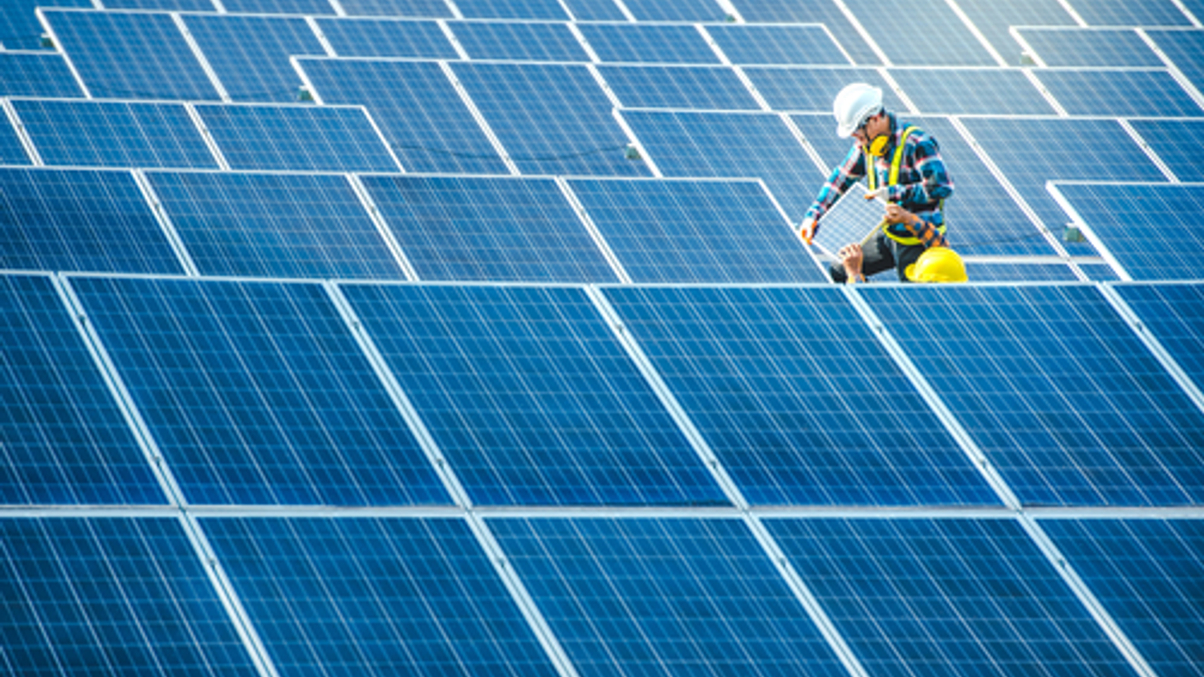Net-zero targets face funding gap in the ‘race of our lives’: Temasek sustainability chief
Solar, green hydrogen and the mobility transition in particular offer investment opportunities within the energy transition space, Steve Howard of Temasek said.

The world still faces a funding gap if it hopes to reach net-zero, and Asia is no exception, representatives from investment management firms said at a media briefing on Monday (May 30).
Sign in to read on!
Registered users get 2 free articles in 30 days.
Subscribers have full unlimited access to AsianInvestor
Not signed up? New users get 2 free articles per month, plus a 7-day unlimited free trial.
¬ Haymarket Media Limited. All rights reserved.


